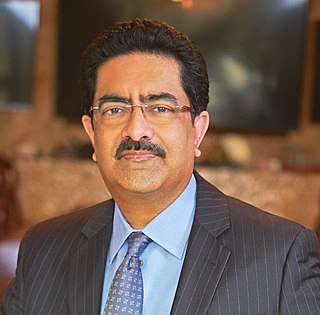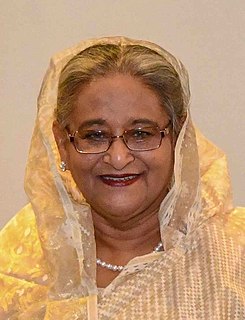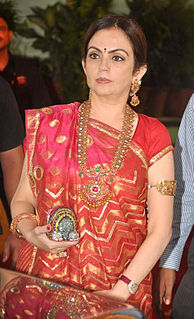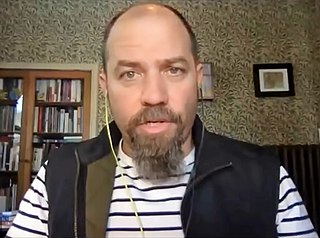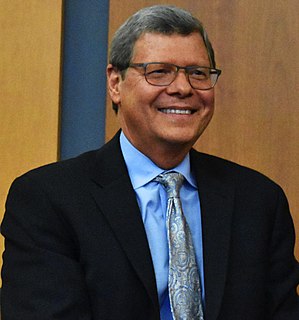A Quote by Kumar Mangalam Birla
There are two roadblocks in the way of transforming India into an economic giant and one of them was education. I believe that if education is privatised at primary and secondary level, lot of our problems will be answered to
Related Quotes
In Burma, we need to improve education in the country - not only primary education, but secondary and tertiary education. Our education system is very very bad. But, of course, if you look at primary education, we have to think in terms of early childhood development that's going back to before the child is born - making sure the mother is well nourished and the child is properly nurtured.
If I were advising President Obama, since he's the one running, I would have made his campaign very simple. I promise that in four years, I will get more Americans, as many as I possibly can, the opportunity and access to some form of post-secondary education. I want more of them to graduate high school with the skill-set of post-secondary education and I want more of them to be able to obtain that post-secondary education. This is the only way we are going to close the income gap.
Indian higher education is completely regulated. It's very difficult to start a private university. It's very difficult for a foreign university to come to India. As a result of that, our higher education is simply not keeping pace with India's demands. That is leading to a lot of problems which we need to address.
The best way to deal with AIDS is through education. So we need a really widespread AIDS education program. In fact, what we need in Burma is education of all kinds - political, economic, and medical. AIDS education would be just part of a whole program for education, which is so badly needed in our country.
When [Jimmy] Carter did quote them, he quoted them in what I believe were misapplications, such as arguing for the creation of a federal Department of Education. In one case, Carter quoted [Tomas] Jefferson's and [George] Washington's appreciation of education and then, in a leap, implied that they would be delighted that he was creating a giant federal bureaucracy for education.
The higher education has always appealed to the South Asian social leaders across all the countries in South Asia. But primary education has been neglected. The oddity, by the way, is if you look at the contrast in India, there are some areas like Kerala where there's a long history of educational development.
